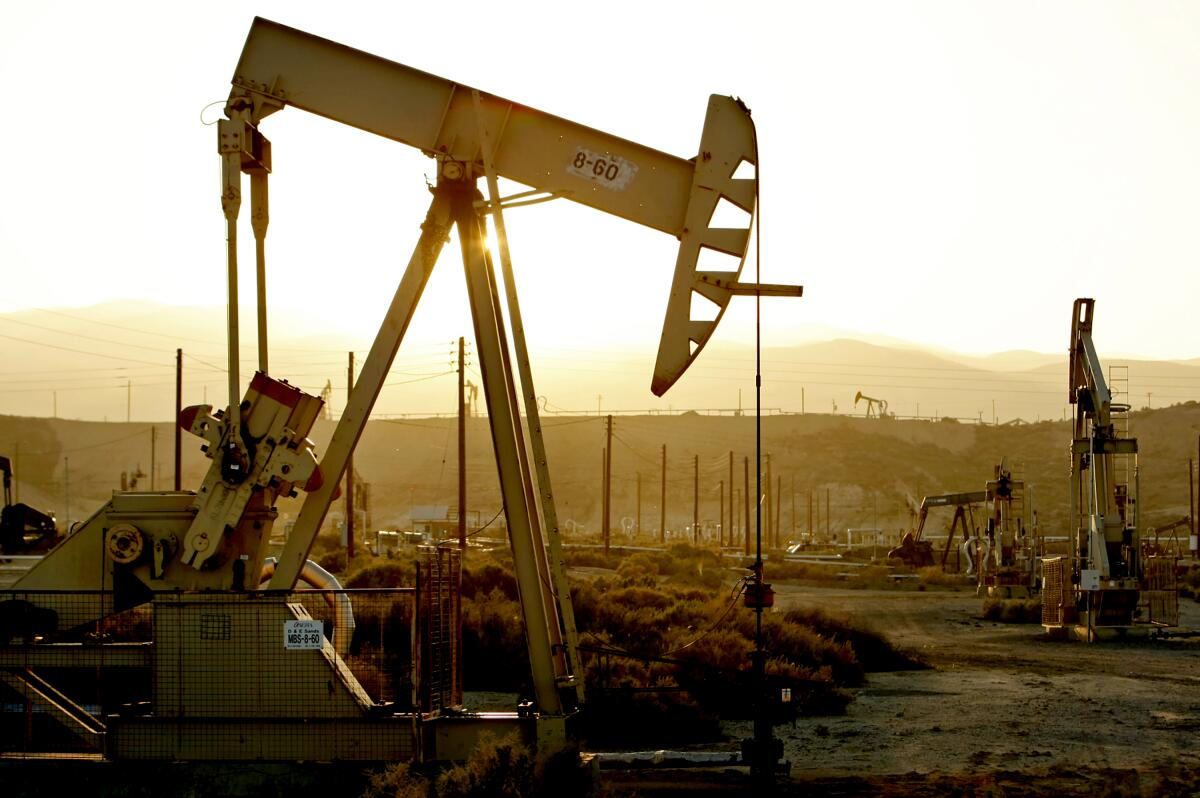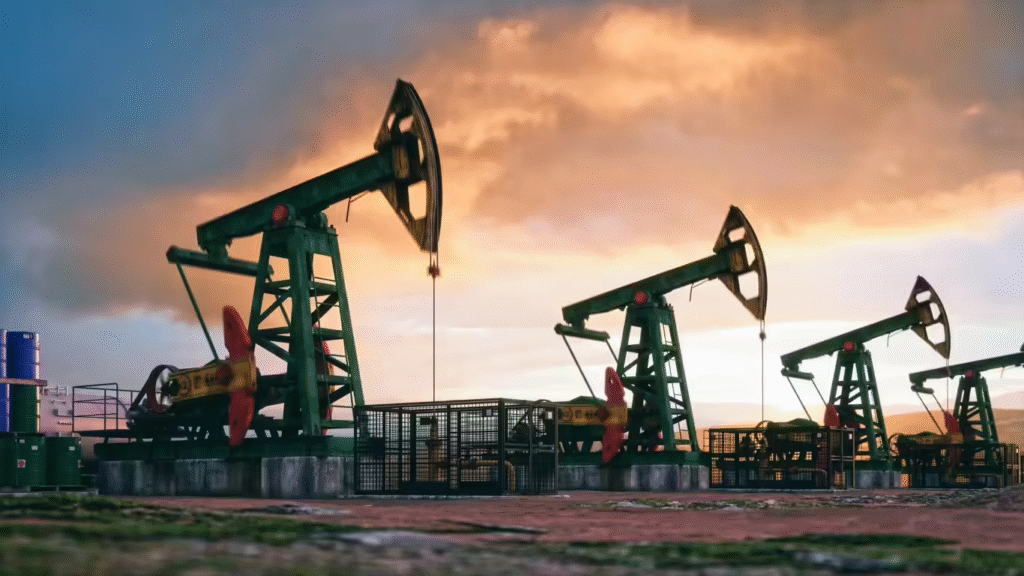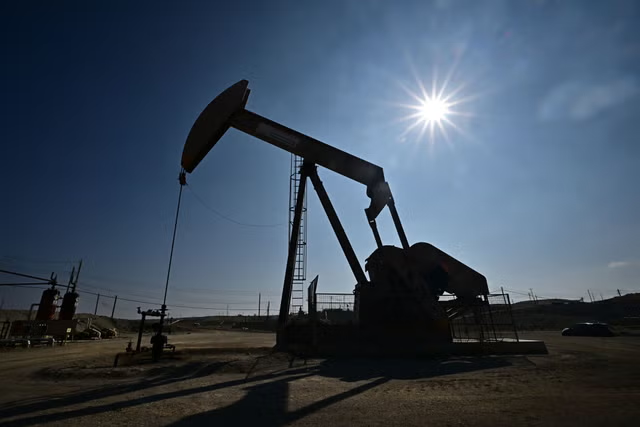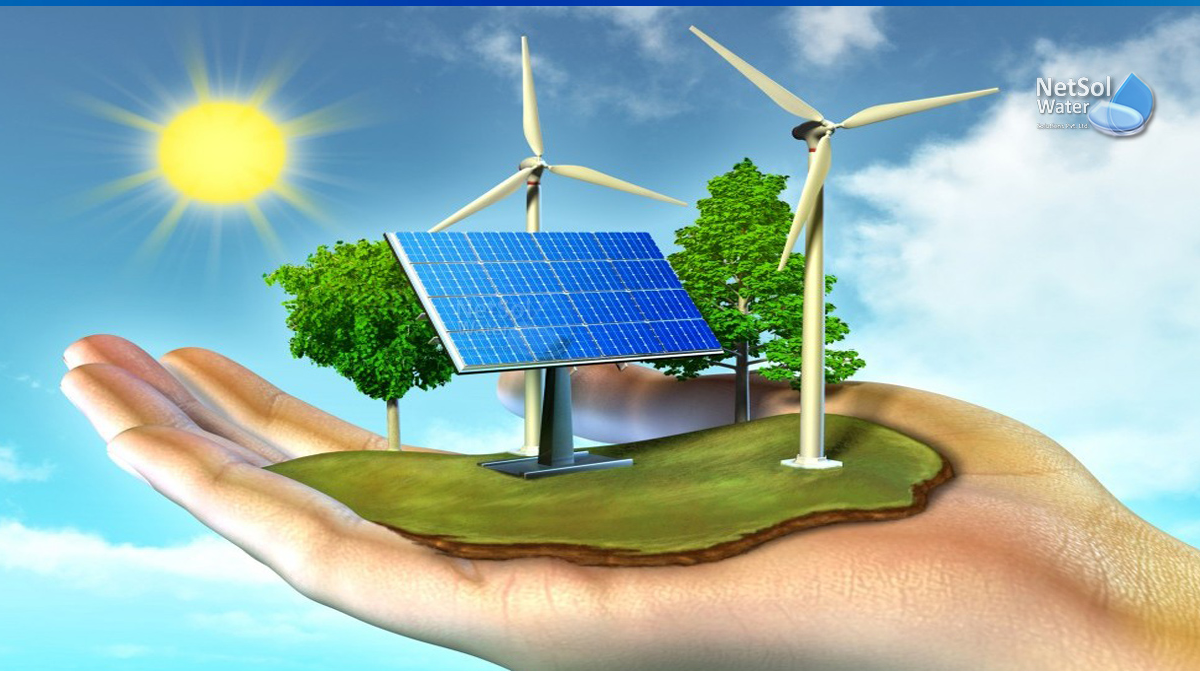Now Reading: 2050 Global Deadline to End Fossil Fuels Sparks Debate
-
01
2050 Global Deadline to End Fossil Fuels Sparks Debate
2050 Global Deadline to End Fossil Fuels Sparks Debate

Table of Contents
The world is entering a new energy era. Countries around the globe are making ambitious plans to stop using fossil fuels by the year 2050. This major move is part of the urgent fight against climate change, aiming to reduce the planet’s temperature rise and avoid future disasters.
Why Phase Out Fossil Fuels?

Fossil fuels like coal, oil, and natural gas have powered the world for over a century. They are used to run cars, generate electricity, and heat homes. However, burning fossil fuels releases carbon dioxide (CO₂) and other greenhouse gases into the atmosphere. These gases trap heat and are a major cause of global warming.
The result? Rising sea levels, stronger storms, heatwaves, and droughts. To prevent even worse outcomes, scientists say the world must limit temperature rise to 1.5°C above pre-industrial levels. To achieve this, carbon emissions must drop fast, and switching from fossil fuels to clean energy is the key.
Global Pledge at COP28: A Turning Point
At the United Nations Climate Change Conference (COP28) held in Dubai in 2023, over 100 countries agreed to work towards phasing out fossil fuels by 2050. This was the first time such a large number of nations officially acknowledged the need to end their reliance on coal, oil, and gas.
UN Secretary-General António Guterres called the decision “a historic step,” adding that “the age of fossil fuels must end — and it must end with justice and fairness.”
However, the agreement is not legally binding, and it gives countries some flexibility based on their national needs and development levels. Still, the message was clear: the world is moving away from fossil fuels.
Clean Energy Alternatives: What Will Replace Fossil Fuels?
As countries phase out fossil fuels, they are turning to renewable energy sources such as:
- Solar Power – uses the sun’s energy to produce electricity
- Wind Power – harnesses wind through turbines
- Hydropower – generates power from flowing water
- Green Hydrogen – a clean fuel made using renewable electricity
- Nuclear Energy – though controversial, it emits no greenhouse gases
In addition, energy-saving technology, electric vehicles, better public transport, and smart grids will all play a role in reducing fossil fuel use.
Countries are also investing in carbon capture and storage (CCS) technology, which removes carbon from the air or traps it before it reaches the atmosphere. However, experts warn that CCS alone is not enough and cannot replace the urgent need to reduce emissions directly.
Which Countries Are Leading the Way?
Many countries have already taken strong action:
- United Kingdom: Plans to end coal-fired power stations by 2025 and has committed to net-zero emissions by 2050.
- Germany: Will phase out coal by 2038, with growing investment in wind and solar energy.
- United States: Aims for a 100% clean power sector by 2035 and net-zero emissions by 2050, with major funding through the Inflation Reduction Act.
- India: Though still reliant on coal, India has set a goal to reach net-zero by 2070, with strong investment in solar energy.
- China: The world’s largest carbon emitter, it plans to peak emissions by 2030 and achieve carbon neutrality by 2060.
In the Middle East, countries like the UAE and Saudi Arabia are also investing billions in renewable energy projects, signaling a shift even in traditional oil-rich economies.
Challenges to the 2050 Goal
While the fossil fuel phase-out goal is ambitious and hopeful, several challenges remain:
- Economic Dependence: Many countries and industries still rely heavily on oil and gas for jobs and income.
- Political Resistance: Some governments are reluctant to commit, especially where fossil fuel companies hold strong influence.
- Developing Nations: Poorer countries need financial support to build green infrastructure without harming economic growth.
- Technology Gaps: In some areas, clean energy tech is still too costly or unavailable.
To address this, rich nations have promised to provide climate finance to help poorer countries transition to clean energy. But so far, delivery of this support has been slow and inconsistent.
The Role of Businesses and Individuals
It’s not just governments that must act. Businesses, investors, and individuals all play important roles.
Many companies are setting net-zero targets, greening their supply chains, and shifting to clean energy. Major automakers are stopping the production of petrol and diesel vehicles in the coming decade.
At the same time, people can reduce their own carbon footprints by:
- Using public transport or driving electric cars
- Reducing energy use at home
- Supporting green businesses
- Voting for leaders who support climate action
What’s Next?

Experts say the next five years are crucial. The decisions made today will shape the climate of tomorrow. While phasing out fossil fuels by 2050 is a massive task, it is also a historic opportunity to build a cleaner, healthier, and fairer world.
As Dr. Fatih Birol, Executive Director of the International Energy Agency, said:
“A fossil fuel-free future is not only necessary — it is achievable. But we must act fast, and we must act together.”
Final Thoughts
The push to phase out fossil fuels by 2050 is one of the biggest challenges in human history, but it is also a moment filled with hope and innovation. With global cooperation, the right investments, and strong public support, a greener future is within reach.
Read More:- Deyaar’s Latest Announcement Shakes Up the UAE Property Market





















